Having the right AI skills can make the difference between staying relevant and falling behind. This article lists 12 must-have AI skills that are essential for career advancement in 2024.
Covering everything from programming languages to data science, and touching on softer skills such as effective communication and ethical judgment, you’ll get a comprehensive overview of what it takes to be at the top of the AI game.
Programming Prowess in AI
Programming prowess is important in the world of AI. This refers to a high level of skill, expertise or ability in programming. It encompasses not just the knowledge of programming languages and the ability to write code, but also a deeper understanding of algorithms, data structures, software design patterns, and problem-solving strategies.

Languages like Python, R, and MATLAB are the building blocks for creating sophisticated machine learning models and deep neural networks. But it’s not simply about learning a language – it’s about mastering it. And that mastery goes beyond syntax and semantics. It’s about understanding the very essence of AI applications and being able to create and fine-tune them to perfection.
So, let’s delve deeper into the world of programming in AI.
Python: The AI Lingua Franca
When it comes to AI development, Python is the lingua franca – i.e. the universally accepted and widely used language in the field of artificial intelligence development. Its simplicity and readability have made it the top choice among AI professionals and researchers. But what sets Python apart is its rich ecosystem of AI and machine learning libraries such as TensorFlow, Keras, and Scikit-learn.
And with the abundance of educational resources available, mastering Python is a stepping stone towards becoming proficient in AI and machine learning.
TRAINING RESOURCE: Python.org is an excellent starting point for beginners and experienced developers alike. It covers a wide range of topics from basic to advanced, provides tutorials, and offers interactive exercises and quizzes to enhance learning.

Beyond Basics: Advanced Language Skills
While Python might be a popular choice, it’s not the only language in the AI toolkit. Java, with its object-oriented programming model, is ideal for developing complex AI applications. Its platform independence makes it a versatile choice, allowing AI applications to run across various operating systems without modification.
Coupled with a robust ecosystem of AI development tools, including the Java Machine Learning Library, Java is another crucial skill for any AI professional.
TRAINING RESOURCE: Simplilearn offers a comprehensive list of 40+ online resources to learn Java programming, including blogs like Javaworld, Java2blog, and JavaTPoint, as well as platforms like Udemy, Codecademy, and Coursera.

Framework Familiarity
In the world of AI, knowing your way around machine learning frameworks is just as important as mastering a programming language. TensorFlow, developed by Google Brain, is a leading open-source machine learning framework. It assists in building and training a wide range of machine learning models and neural networks.
Other frameworks like Keras and PyTorch offer capabilities in handling complex tasks such as image and speech recognition. Ultimately, proficiency in these frameworks is vital for the effective implementation and adaptation of AI algorithms across various domains.
TRAINING RESOURCE: The Ultimate Guide to Machine Learning Frameworks is a comprehensive guide that lists 8 machine learning frameworks, including SciKit Learn, ONNX, TensorFlow, PaddlePaddle, DL4J, and MXnet. It emphasizes the importance of these frameworks in training machine learning models across various domains like computer vision, natural language processing, and structured data analysis.
Related Reading: Choosing the Right AI Solution for Your Business
Data Science Mastery
Data science is the backbone of AI. It’s the discipline that transforms raw data into meaningful insights. So, naturally, data scientists need to master a slew of languages such as SAS, R, and Python.
They also need to be proficient in big data technologies like Apache Hadoop and Spark to manage large datasets effectively. And, of course, they need strong communication skills, analytical thinking, and business insight to excel in their field.

Let’s break down these skills further.
Mining for Insights: Data Analysis Skills
When it comes to mining for insights, data analysis skills are paramount. The R programming language is widely used in AI for tasks such as data analysis and visualization, making it an invaluable tool for predictive analytics tasks.
Data analysts also use SQL (Structured Query Language), a standard programming language to organize, query, and manage data within databases, making it an indispensable skill for working with structured data efficiently:
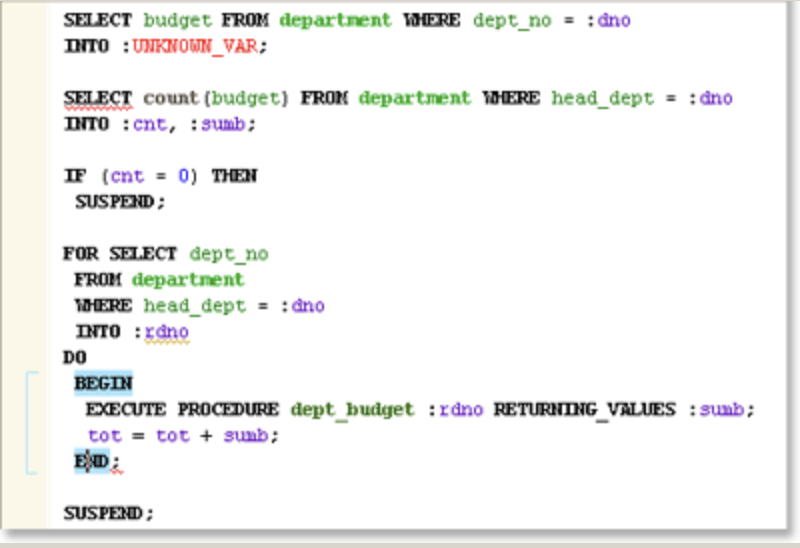
Ultimately, the ability to generate actionable insights from AI projects lies in mastering the extraction, analysis, and visualization processes, including data mining techniques.
TRAINING RESOURCE: LearnSQL.com offers interactive online SQL courses for beginners and experts, covering various SQL dialects like Standard SQL syntax, T-SQL for SQL Server, PostgreSQL, or MySQL. The courses provide real-world applications, certificates upon completion, and a supportive learning environment.

Predictive Power: Analytics and Statistics
Predictive power is another cornerstone of data science. A solid proficiency in statistics and probability is critical for identifying meaningful patterns and generating reliable predictive analytics results. A deep understanding of mathematical concepts like linear algebra and probability theory directly contributes to the effective adaptation and innovation of machine learning algorithms.
The ability to formulate the correct questions and strategically think in predictive analytics guides the data collection and development of effective models.
Visual Storytelling with Data
Visual storytelling is an art and a science. It’s about creating clear and meaningful visual displays that tell a story. Proficiency in data visualization tools such as Tableau, Power BI, and geospatial software like QGIS is essential for AI professionals.
To effectively inform business decisions, visual storytellers need to:
- Understand the business context
- Communicate complex analysis results clearly to business stakeholders
- Tailor their data visualization narratives to both technical and non-technical audiences
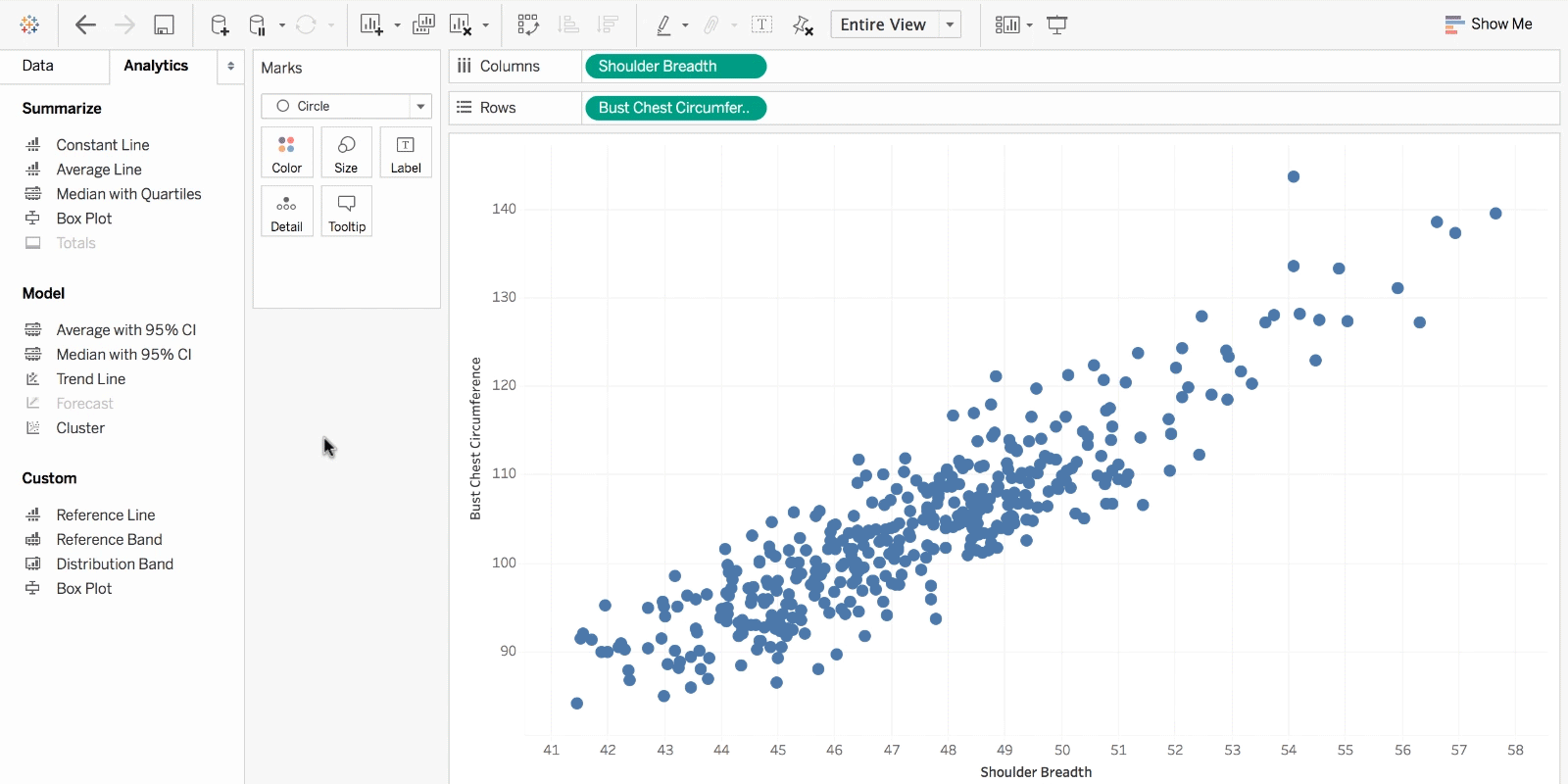
Ready to join the AI revolution? Single Grain’s AI transformation experts can help!👇
Understanding Machine Learning and Deep Learning
Machine learning and deep learning are two key pillars of AI:
- Thanks to machine learning, computers are able to learn from data and make predictions or decisions without explicit programming. This allows them to process and interpret information more efficiently.
- Deep learning is a subset of machine learning that employs deep learning algorithms in artificial neural networks to analyze data.

The role of machine learning engineers, the nuances of neural networks, and the art of algorithm adaptation are all crucial in understanding these technologies.
Let’s explore each of these aspects in more depth.
Machine Learning Engineers: The Architects of AI
Think of machine learning engineers as the architects of AI. They craft the algorithms that enable machines to learn from data. These engineers are expected to be adept in various machine learning models such as supervised, unsupervised, and reinforcement learning.
They are also tasked with carrying out AI projects end to end, from the data audit phase right through to ongoing model maintenance.
TRAINING RESOURCE: Machine Learning Mastery offers a comprehensive guide to getting started and excelling in applied machine learning. It provides step-by-step guides for beginners, intermediate and advanced learners, and emphasizes the importance of adjusting mindset, picking the right tools, practicing on datasets, and building a portfolio to demonstrate skills effectively.

Neural Network Nuances
Neural networks form the heart of deep learning. They consist of an input layer, multiple hidden layers, and an output layer. The more layers, the “deeper” the network, and the more complex the data correlations it can learn. Engineers need a strong understanding of each layer’s functions and the overall network architecture to build and analyze these networks effectively.
TRAINING RESOURCE: Coursera offers a course on Neural Networks and Deep Learning as part of the Deep Learning Specialization.
It covers foundational concepts of neural networks and deep learning, providing insights into major trends driving the rise of deep learning, setting up machine learning problems with a neural network mindset, building neural networks with hidden layers, and analyzing key computations underlying deep learning for computer vision tasks.
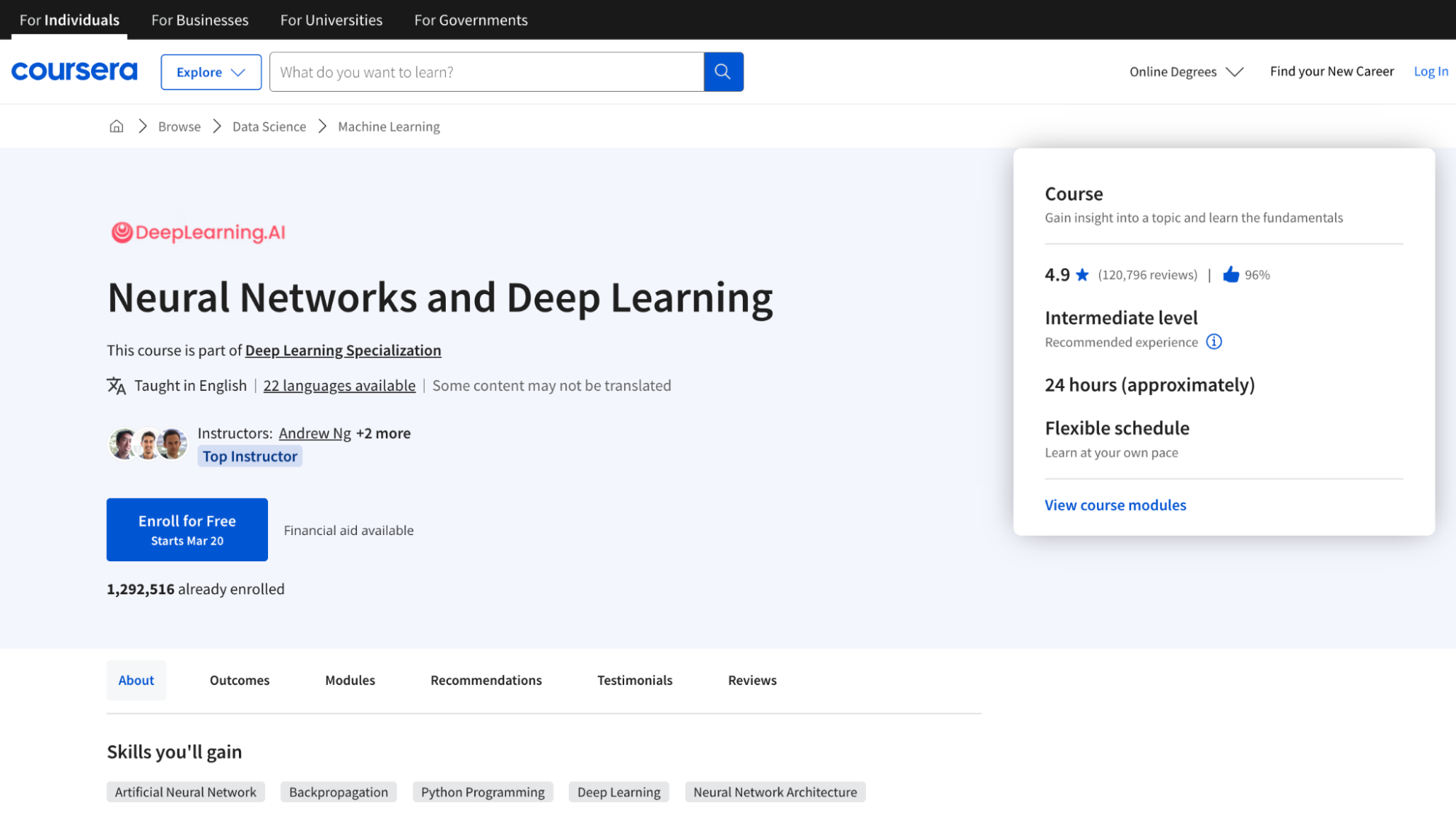
Algorithm Adaptation
In the world of AI, it’s not enough to simply use existing algorithms. Engineers must also adapt machine learning algorithms, tweaking parameters and settings to suit the end-goals of their AI applications. Hyperparameters, which significantly influence the learning process and quality of the final model, are set before training and cannot be directly learned from the data.
Optimizing these through model tuning is necessary to achieve the best model performance.
TRAINING RESOURCES:
- Platforms like Coursera offer courses on machine learning, deep learning, and data science that cover topics related to model tuning and hyperparameter optimization.
- Websites like Serokell, Neptune.ai, and GeeksforGeeks provide detailed guides and articles on these same topics.
Related Reading: 8 Ideas for How to Integrate AI in Digital Marketing
Navigating Natural Language Processing (NLP)
Natural Language Processing (NLP) is another critical field within AI. It encompasses various skills such as:
- Text preprocessing
- Tokenization
- Topic modeling
- Sentiment analysis
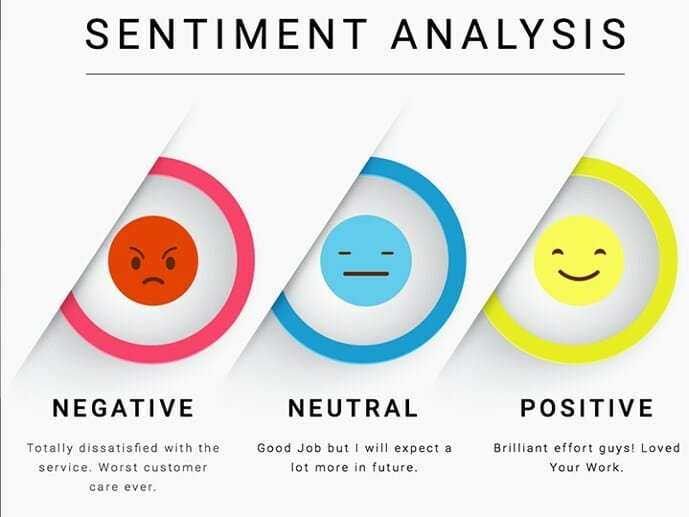
NLP expertise is vital for a range of AI-focused roles, including data scientists, machine learning engineers, and software developers, all of whom use NLP to enhance data interpretation and interaction.
Let’s dive into the world of NLP.
Textual Tasks: Classification and Summarization
Text classification and summarization are two key tasks in NLP. To execute these tasks proficiently, it’s important to have skills in data extraction and understand text normalization and n-grams.
Developing initial classification models, such as for sentiment analysis in tweets, is a practical way to gain experience in text classification.

TRAINING RESOURCE: Platforms like Coursera offer courses on NLP that cover topics related to text classification, text summarization, and the application of NLP techniques. NLPlanet also covers various tasks that can be solved with NLP, including text classification and text summarization.
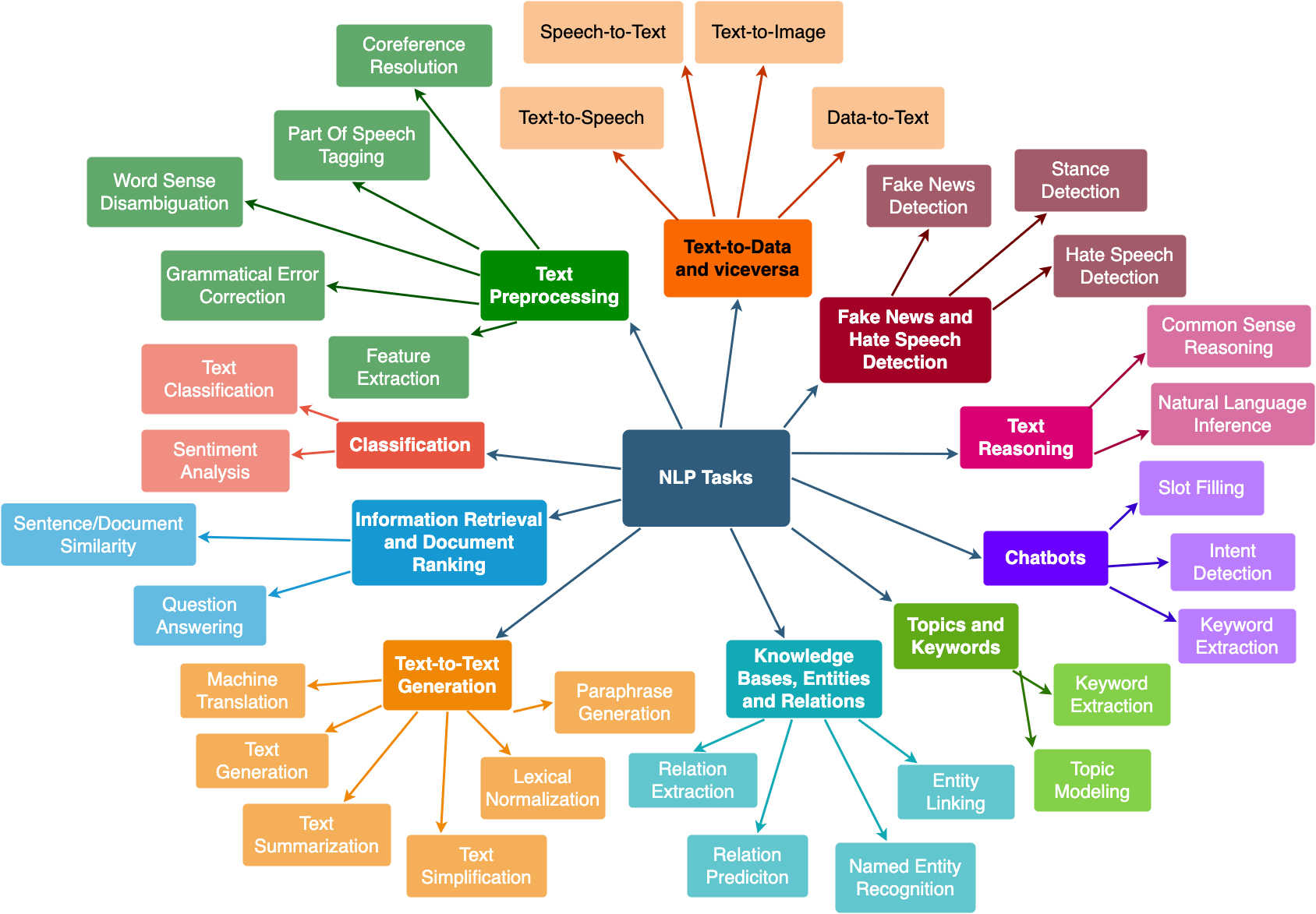
Sentiment and Sense
Sentiment analysis is a critical component of NLP. It involves determining the emotional tone behind words to gain an understanding of the attitudes, opinions, and emotions expressed within an online mention. This requires proficiency in text analytics for insight extraction from text data, which includes skills in tokenization, stop word removal, and n-gram extraction.
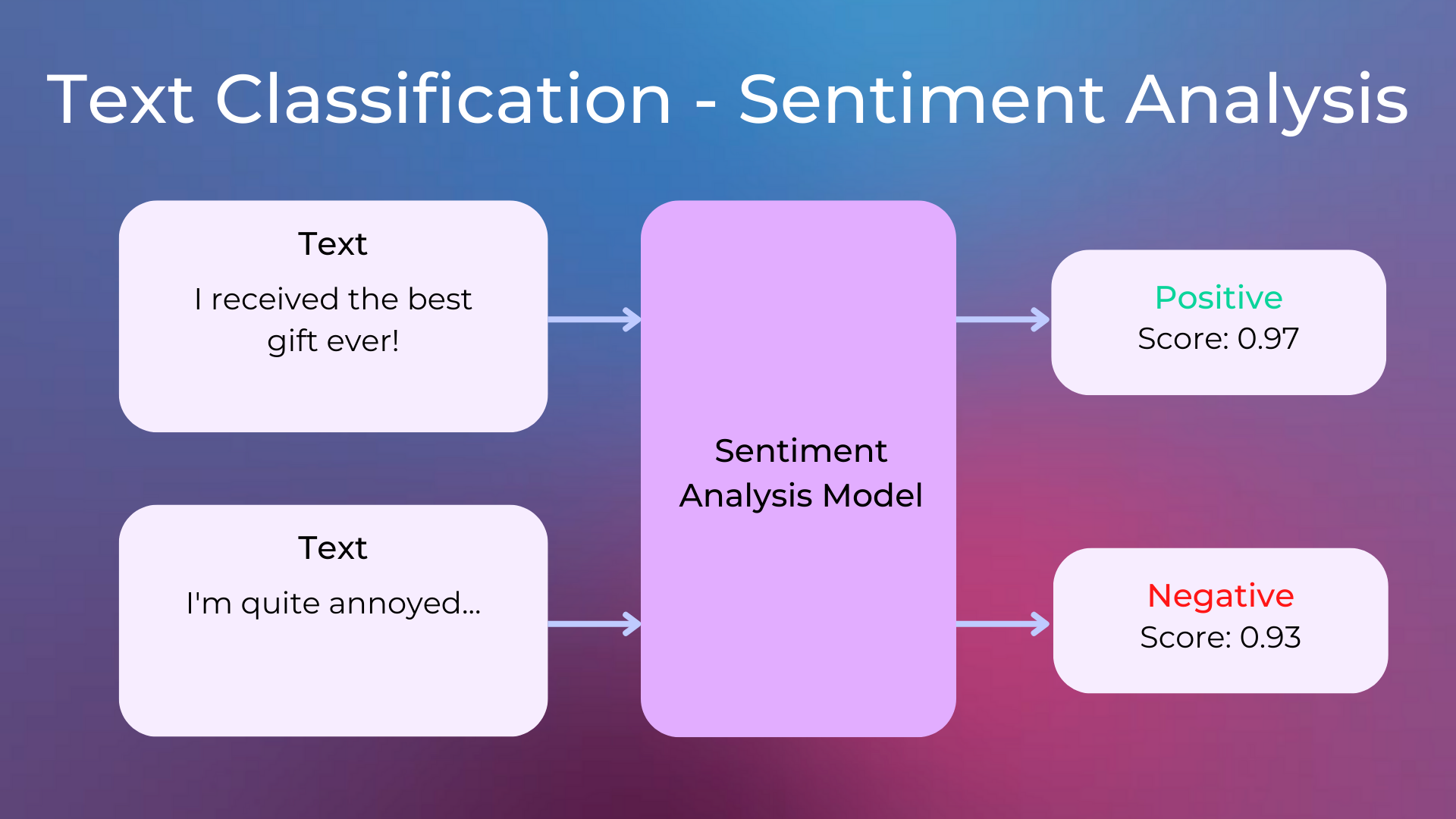
NLP Engineer: A Specialized Role
An NLP engineer is a specialist role in AI. These individuals:
- Create formulas and models to enable computers to understand, interpret and generate human language
- Apply NLP techniques
- Refine NLP models
- Integrate NLP systems into software programs
They must possess a solid understanding of machine learning algorithms and be well-versed in deep learning techniques like recurrent neural networks (RNNs).
Related Reading: How Using AI for Digital Marketing Makes Ads Easier for You
The Vision of Computer Vision
Computer vision technology is changing the way we see the world. It’s a branch of AI that trains computers to interpret and understand the visual world. Computer vision technology plays a critical role in various industries, including healthcare, automotive and marketing, due to its ability to analyze and generate visual content.

Let’s explore the details of computer vision.
Image Intelligence
Image recognition is a vital task in computer vision. Mastering this requires foundational skills in data preprocessing and feature extraction. As computer vision technology advances, it opens new research and application opportunities in diverse fields such as agriculture, autonomous driving and environmental monitoring.
TRAINING RESOURCE: Viso Suite‘s guide offers a comprehensive overview of image recognition, including key concepts like object detection, image identification, and image classification. It also covers popular algorithms, Python applications for image recognition, and real-world use cases of AI-powered image recognition technologies.
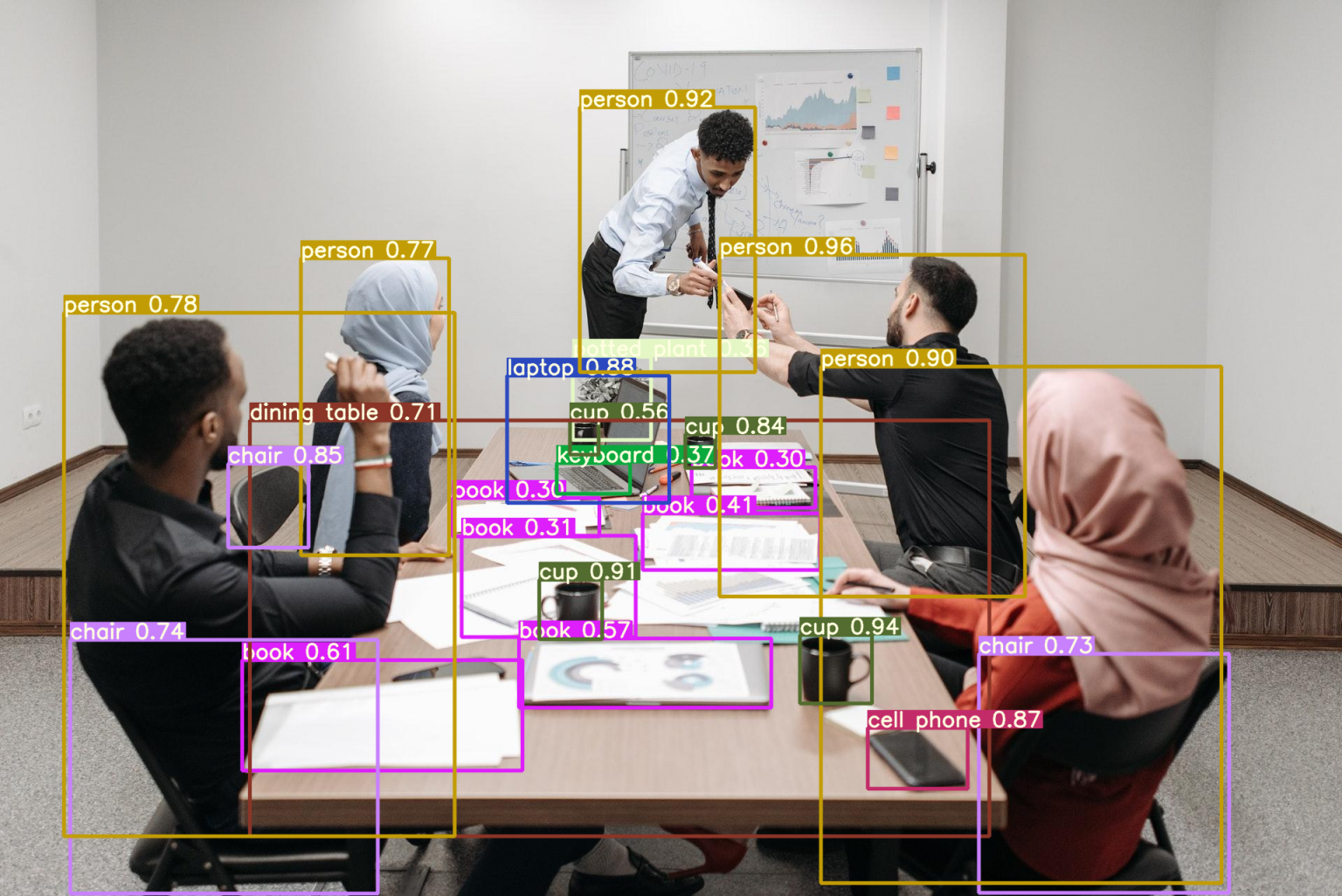
Processing Proficiency
Processing proficiency is another critical aspect of computer vision. AI engineers must master various image processing techniques such as edge detection, filtering and morphological operations to prepare image data for further recognition tasks.
Effective data management practices, such as data replication and partitioning, are essential in a distributed cloud computing environment to achieve data consistency and enhance efficiency.
TRAINING RESOURCE: The online tutorial on “Intro to Computer Vision Learning Processing 2nd Edition” offers practical insights into using processing for computer vision applications. This tutorial covers topics like drawing with pixels, working with images and pixels, image processing techniques, capturing live video, and delves into the basics of computer vision within the context of processing programming language.
Visionary Applications
The applications of computer vision technology are vast and diverse. From analyzing medical imagery to aiding in quality control and enabling autonomous vehicle features, the potential of computer vision is immense.

Implementing resource management strategies including load balancing and auto-scaling is fundamental to optimizing AI application performance while controlling costs through resource adjustment based on demand.
TRAINING RESOURCE: This LinkedIn collaborative article – “How can you start learning computer vision with no experience?” – is a good resource to start with as it is very thorough and has some good advice.
Just want someone to do all the work for you? Single Grain’s AI transformation experts can help!👇
Cloud Computing Competence
Cloud computing is another key area of competence for AI professionals. The ability to deploy and scale AI applications using cloud service platforms like AWS, Microsoft Azure, and GCP is a crucial skill.
Let’s look at the intricacies of cloud computing.
Cloud Tools and Technologies
Cloud tools and technologies are vital for AI development. Cloud computing and AI share a symbiotic relationship, with cloud platforms fostering the rapid growth of AI capabilities through automation and effective resource management. A significant surge in AI adoption has been driven by investments in cloud technologies, evidenced by 70% of companies getting their AI capabilities via cloud software.
Distributed Computing Dynamics
Distributed computing dynamics is another important aspect of cloud computing. Some fundamental skills in distributed computing include:
- Establishing and managing network connections across various cloud resources and locations
- Setting up virtual private clouds
- Ensuring secure connectivity
These skills are crucial for managing and optimizing cloud resources effectively.
Effective data management practices, such as data replication and partitioning, are essential in a distributed cloud computing environment to achieve data consistency and enhance efficiency.
TRAINING RESOURCE: Coursera offers a range of courses related to distributed computing and cloud computing that can help you acquire the necessary skills. Courses like “Cloud Computing” from the University of Illinois at Urbana-Champaign and “Introduction to Big Data with Spark and Hadoop” from IBM cover topics such as cloud infrastructure, distributed computing architecture, network analysis, and more.
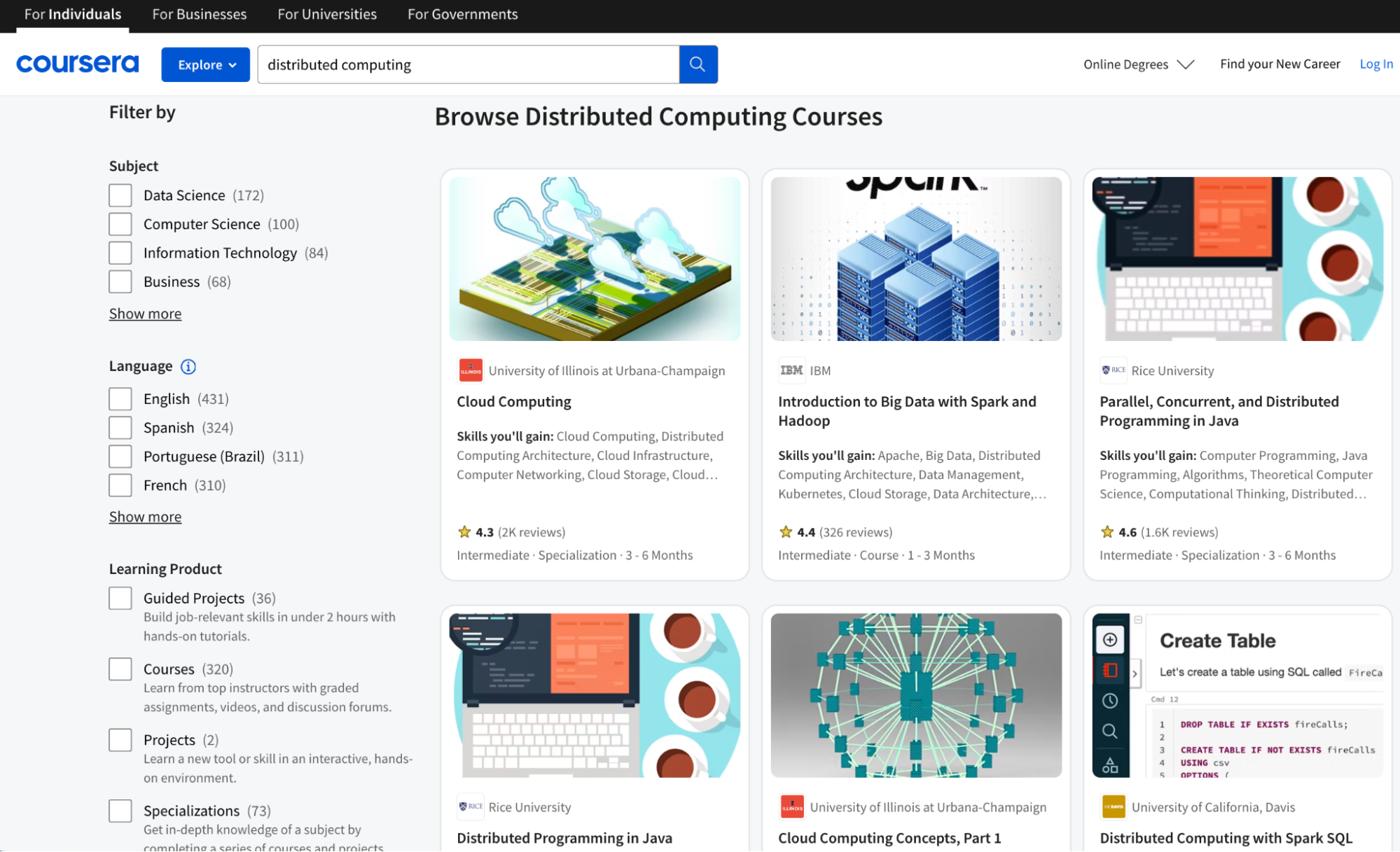
Scalability and Solutions
Scalability is a major advantage of cloud computing. Cloud technologies enable the scaling of AI solutions by providing the infrastructure capable of handling increased workloads with flexibility and efficiency.
Implementing resource management strategies including load balancing and auto-scaling is fundamental to optimizing AI application performance while controlling costs through resource adjustment based on demand.
TRAINING RESOURCE: This GeeksforGeeks article “Auto Scaling vs Load Balancer” compares auto-scaling and load balancer techniques in cloud computing, highlighting their roles in optimizing resource utilization, improving application performance, ensuring security, and managing workload distribution.
Soft Skills Synergy
Soft skills are often overlooked in the technical world of AI, but they are equally important. In the AI workplace, soft skills like creativity, judgment, and emotional intelligence are important differentiators as AI handles routine, analytical tasks.
Let’s explore these soft skills further.
Critical Thinking and Problem-Solving
Critical thinking and problem-solving are essential soft skills needed to tackle the complexities and challenges that AI presents within the business landscape. As AI technologies play a more significant role in decision-making, there is a crucial need for ethical leadership that is informed by soft skills to steer AI use in a direction that aligns with societal values.
Effective Communication
Effective communication is another vital soft skill in AI. Clear communication within AI teams can prevent misunderstandings and reduce risks, which is vitally important when dealing with complex and abstract AI concepts. AI practitioners need to articulate AI concepts to non-technical audiences, a pivotal skill for facilitating the broader adoption and comprehension of AI technologies.
Collaborative Practice
Collaboration is key in the AI field. Navigating a hybrid environment of teamwork involving both humans and AI systems requires strong interpersonal skills and the ability to work effectively in diverse settings.
Effective communication in collaborative practices also includes project management skills, as AI initiatives often involve coordinating across different departments and disciplines.
Related Reading: How to Create an AI Marketing Strategy
AI Ethics and Governance Knowledge
AI isn’t just about technology – it’s also about ethics and governance. As AI technologies like Stable Diffusion become more prevalent, they raise ethical implications that need to be carefully considered. Ensuring compliance with ethical practices, including crediting creators, is a crucial component of responsible AI development.
Let’s take a look at the ethical considerations in AI.
Ethical Considerations
Ethical considerations are at the forefront of AI. AI ethics are the guiding principles to ensure that AI technology is developed and used responsibly, focusing on:
- Safety
- Security
- Humanity
- Environmental friendliness
While artificial intelligence excels at optimizing processes, human creativity and innovation are irreplaceable, and underscore the value of soft skills in driving generative AI progress.
Compliance and Standards
Compliance and standards are other critical aspects of AI ethics. AI professionals must navigate regulatory frameworks designed to make sure technologies contribute positively to society and address legal issues, such as biases or other potential harm.
Proficiency in conducting AI risk assessments and audits is crucial for AI professionals to maintain adherence to both legal requirements and ethical standards.
Responsible AI Development
Responsible AI development is a must in today’s world. AI ethics committees are established to safeguard data and brand reputation by identifying and addressing the ethical risks of AI technologies. These committees typically consist of:
- Ethicists
- Lawyers
- Technologists
- Business strategists
- Experts in detecting bias

Related Reading: What You Need to Know About AI Regulation in Content Creation
Specialized Roles in AI
There are various specialized roles in the field of artificial intelligence, each requiring a specific set of skills and knowledge. From AI product managers to AI consultants and deep learning engineers, here are some of the specialized roles that are crucial in the AI industry.

Product Manager for AI-driven Solutions
AI product managers play a crucial role in the development and implementation of AI solutions. They must possess a solid understanding of AI tools and frameworks to guide the development and implementation of AI solutions.
An essential responsibility of AI product managers is to convert complex AI technical concepts into viable product features that support business objectives.
TRAINING RESOURCE: Udacity offers an AI Product Manager Nanodegree Program that provides a comprehensive overview of AI and machine learning tailored for business. This beginner-friendly course covers essential topics such as dataset annotation, model evaluation, and preparing individuals to take on the role of an AI product manager.
Consulting for AI Implementation
AI consultants provide valuable insights and guidance to clients looking to integrate AI technologies into their operations.
Key responsibilities of AI consultants include:
- Conducting industry-specific due diligence
- Planning and implementing AI strategies for clients
- Providing clear and effective communication of complex AI concepts to both technical and non-technical stakeholders
Effective communication is a fundamental ability for AI consultants, as they must convey complex AI concepts effectively to both technical and non-technical stakeholders, using their technical expertise.
Engineering the Depths: Deep Learning Engineer
Deep learning engineers are at the forefront of AI development. They have an in-depth knowledge of neural networks, backpropagation, and deep learning techniques.
In addition to these technical abilities, deep learning engineers must have excellent soft skills like communication, time management, and teamwork, and they need to continuously learn to keep up with rapid advancements in AI and related fields.
TRAINING RESOURCE: BrainStation’s guide “How to Become a Machine Learning Engineer” provides valuable insights into the qualifications needed for this role, including proficiency in Python and C++, understanding basic machine learning methods and tools required for implementation.
Keeping Pace with AI Advancements
As you’ve probably already noticed in the past year or so, the world of AI is fast-paced, so keeping up with advancements is, of course, important.

Continuous learning in AI is fundamental so you can constantly gain insights into trending technologies, required skills, and a personalized roadmap to becoming a successful AI expert.
Let’s quickly look at how to keep pace with AI advancements.
Lifelong Learning
Lifelong learning has become essential for staying relevant in the workforce, especially in the AI industry, where technology advances rapidly. Continuous and self-driven pursuit of knowledge and skills through lifelong learning fosters adaptability, enabling individuals to:
- Stay up to date with the latest advancements in technology
- Acquire new skills and competencies
- Transition between roles as technology evolves
- Remain competitive in the job market
By continually learning, individuals can enhance their career prospects and ensure their long-term success in the AI industry.
RESOURCES: In addition to any websites, trade journals or publicactions in your own industry or niche, consider bookmarking websites like TechCrunch, Wired, The Verge, Digital Trends, and TechRadar. These resources provide you access to a wealth of information on technology trends, AI advancements, industry news, product reviews, and insightful analyses.
Innovation and Research
Innovation and research are integral to advancing in the field of AI. Research scientists play a crucial role in pushing the boundaries of what is possible in AI technology through innovation and relentless pursuit of new knowledge.
Key skills for research scientists in AI include:
- Strong verbal and written communication skills, as they must effectively convey complex AI concepts
- Collaboration skills, as they need to work with peers in the field to share ideas and findings
- Analytical and problem-solving skills, to tackle complex AI challenges
- Creativity and curiosity, to explore new ideas and approaches in AI research
Curiosity and collaboration can’t exactly be taught, but by possessing these skills, research scientists can better contribute to the development and progress of AI technology.
Hands-On Experience
Hands-on experience is invaluable in the field of AI. Internships and full-time positions provide NLP engineers invaluable experience in dealing with complex problems and large-scale systems.
Real-world AI projects or internships deepen understanding of the functionality of AI technologies in various environments.
Last Word on Enhancing Your AI Skills
Mastering the future of AI goes beyond understanding the technical aspects. It requires a holistic approach that encompasses a wide range of skills and knowledge, from programming prowess and data science mastery to understanding machine learning and deep learning, and even soft skills and ethics.
Whether you’re an aspiring AI professional or a seasoned expert, the future of AI is full of opportunities that you can take advantage of today. So, why not take the first step to master these must-have AI skills and start shaping the future today?
If you’re ready to level up your business with AI, Single Grain’s AI transformation experts can help!👇
AI Skills FAQs
-
How can I improve my AI skills?
To improve your AI skills, start with the basics, take courses, work on practical projects, and stay up to date with the latest advancements in AI. Engaging in communities and learning Python will also be beneficial for your growth in AI.
-
How do you put AI skills on a resume?
Make sure to include a dedicated “Skills” section near the top of your resume, under your summary, listing AI-related skills relevant to your role, such as machine learning frameworks, programming languages, and AI-related tools (e.g. TensorFlow, Python).
-
Do you need coding skills for AI?
Yes, coding skills are essential for AI development as they allow experts to design and implement complex machine learning algorithms, natural language processing, and computer vision systems. It’s crucial to learn programming languages such as Python, R, Java, and C++ to build and implement AI models.
-
What is the significance of Python in AI?
Python’s simplicity and readability have made it the top choice among AI professionals and researchers, as it boasts a rich ecosystem of AI and machine learning libraries such as TensorFlow, Keras, and Scikit-learn. These features contribute significantly to its significance in AI.
-
What are the key skills required for data scientists?
The key skills required for data scientists include mastery of programming languages such as SAS, R, and Python, proficiency in big data technologies like Apache Hadoop and Spark, as well as strong communication skills and analytical thinking. Business insight is also crucial for success in this field.



